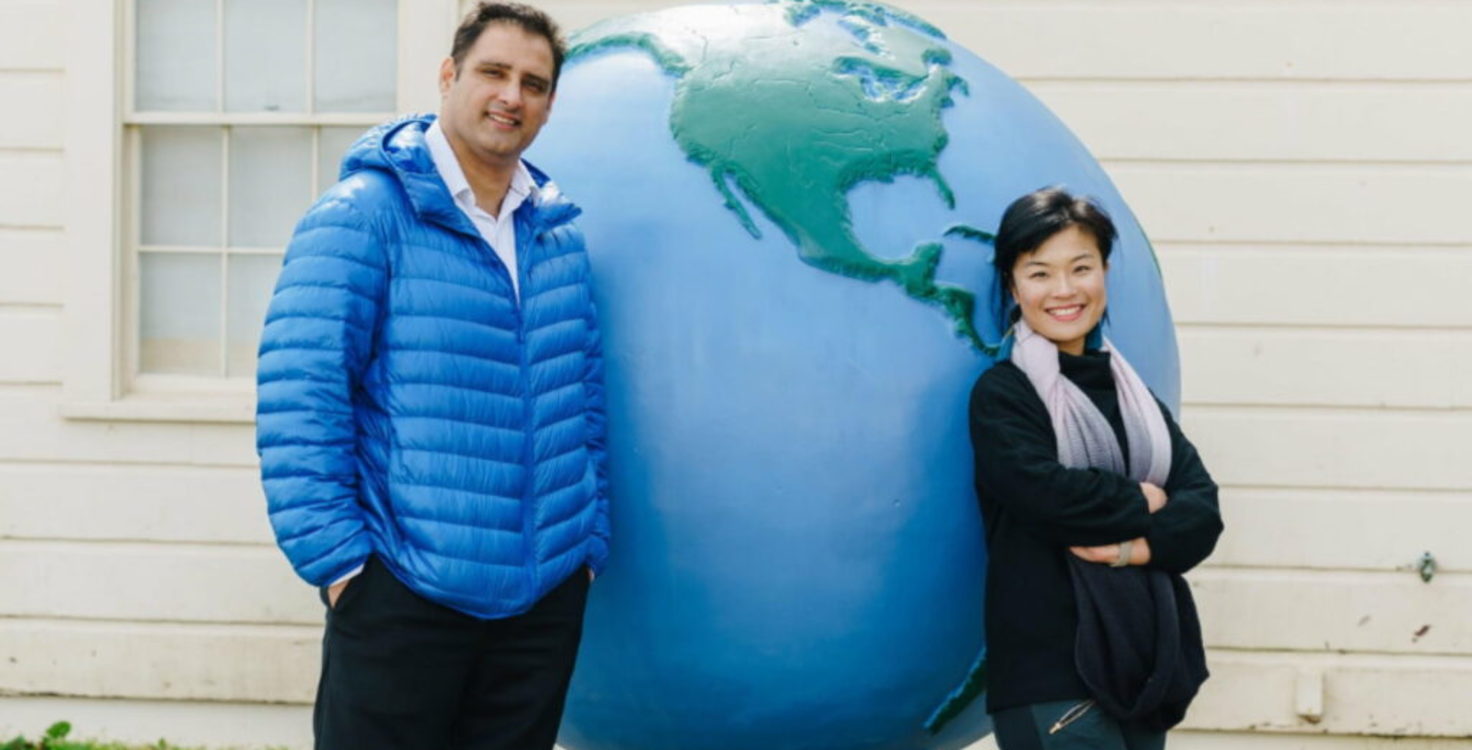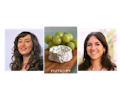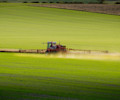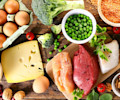TurtleTree Labs is the first biotech company in the world with the ability to create the full composition of milk from all mammals using our proprietary cell-based technology. The approach involves working with mammalian cells so they can be cultured, differentiated, and induced to lactate in vitro. The resulting product is capable of matching the natural milk in nutritional composition, quality and taste as the same cells that produce milk in vivo are cultured and induced to produce milk ex vivo. The application of TTL technology is beyond cow’s milk and can be used to produce human-based milk and disrupt the infant nutrition market. This method of producing milk can achieve a 98% reduction in carbon footprint. TurtleTree Labs’ vision is for everyone in the world to have access to sustainable and nutritious milk.
Interview with Fengru & Max
In Singapore, where more than 95% of food consumption is sourced overseas, the national 30-by-2030-goal (producing 30% of nutritional needs within Singapore by 2030) is being thrown into the spotlight.
How is Covid-19 impacting the food industry, and specifically meat and dairy consumption? How are food businesses in Asia responding?
Fengru: Covid-19 is certainly highlighting the need for food security. As supermarket aisles get emptied and eggs get dumped, people are aware that current systems of producing and distributing food are very fragile.
Specifically, in Singapore, where more than 95% of food consumption is sourced overseas, the national 30-by-2030-goal (producing 30% of nutritional needs within Singapore by 2030) is being thrown into the spotlight. The government knows that the various agencies from regulators, research institutes, universities to the international economic development board need to align behind food tech companies to make it happen.
Many plant-based and cellular-based companies are using this time to educate consumers. Green Monday recently launched their Omni-Pork plant-based products in collaboration with Starbucks in Hong Kong. Bühler and Givaudan join forces in Singapore to open a unique Innovation Center dedicated to plant-based food. There is no better time to convince the masses that we need to change our ways to seek alternative sources of food.
In your view, how do you think Covid-19 will impact the plant-based and alternative proteins market in Asia? What opportunities do you see for innovative companies like yourself, and how has this evolved in the last twelve months?
Max: We have seen plant-based products rise as much as 250% as consumers look for alternatives during the pandemic. This pandemic has not only highlighted the food insecurity for governments but also for existing dairy conglomerates whoose supply chains have been dramatically affected.
12 months ago our technology was viewed as an alternative for dairy in the far future and now we’ve had significant interest. It’s no longer a discussion about just an alternative, it’s now becoming crucial as the $700B industry wants to mitigate risks and better control of sourcing the milk.
Our technology allows them to set up dairy plants far from any factory farms and closer to consumers so they can continue providing high quality dairy products. Currently most dairy products in Asia travel thousands of miles from places like New Zealand and Europe. With solutions like TurtleTree labs, cities no longer have to depend on fragile logistic infrastructure. Instead just-in-time production in close proximity to large cities is now possible.
How is the regulatory path for cell-based meat and dairy evolving in Asia? Do you foresee any future challenges? Are there any benefits for your company being based in Singapore?
Fengru: The regulations around novel food safety are new and the Singapore Food Agency takes reference from FDA GRAS and dossiers. We are discussing standards of identity, production methods, product safety, composition, among other topics. Within SFA, we are also part of the regulatory sandbox that will work with A*STAR (the Singapore National Research Institute) to drive novel foods regulations.
The biggest challenge is that these novel food regulations are new and we are the trailblazers in this field. However, SFA has formed an industry group just for novel food regulations and we meet with them monthly to keep them updated on our progress.
Being perceived as the highest standards of food safety in Asia, Singapore is a great starting point before being accepted in other Asian markets.
What about consumer acceptance, how is this changing, and do you think the Asian consumer is ready for cultivated meat?
Max: We believe Asia will lead the way for consumer acceptance as Impossible’s first launch was in Singapore and Hong Kong. Asia in general is a dairy deficit region which is perfect for TurtleTree as we can meet a demand and have less friction with dairy lobbyists. As long as safety standards are met in cooperation with food agencies, we believe cultured meat and dairy will be the new standard.
When we first started the project in Q1 2019, the milk was costing $800 per liter. Currently with our own synthesized lactation media, we are at $38 a liter.
What is the company’s strategy to scale up, reduce costs and bring your products to mass market?
Fengru: There are 4 levers that we are concurrently working on to scale down the cost per liter of TurtleTree milk. One involves synthesising our own lactation media inhouse, and the other 3 around are methods to increase the yield of our cells through cell biology. Overall, we are continuing to optimise our process to achieve the maximum yield.
When we first started the project in Q1 2019, the milk was costing $800 per liter. Currently with our own synthesized lactation media, we are at $38 a liter. The price will continue to go down as more of the optimisation is done, and we foresee to reach commodity dairy prices in 3-4 years.
To scale up production, we are working with an established bioprocessing company in Singapore to build a prototype 5L bioreactor. Our in-house team will work on the quality control devices around the bioreactor to customize it for milk production. Once we optimised the conditions in the 5L bioreactor, the design allows us to scale linearly to 100X or even 1000X depending on the needs of our customer.
What work has your company done to estimate the resource intensity and environmental impact of your products vis-à-vis conventional meat and dairy products?
Max: Our research indicates that traditional cattle farming takes about 24 months from growth to milking, 1090L of water is consumed in order to produce a litre of milk. The land required for cattle farming is at least 6 football fields and 1.25kg of carbon dioxide is generated per litre of milk. Our method of creating milk uses 98% less land, water and is less carbon demanding than traditional methods of dairy farming.











